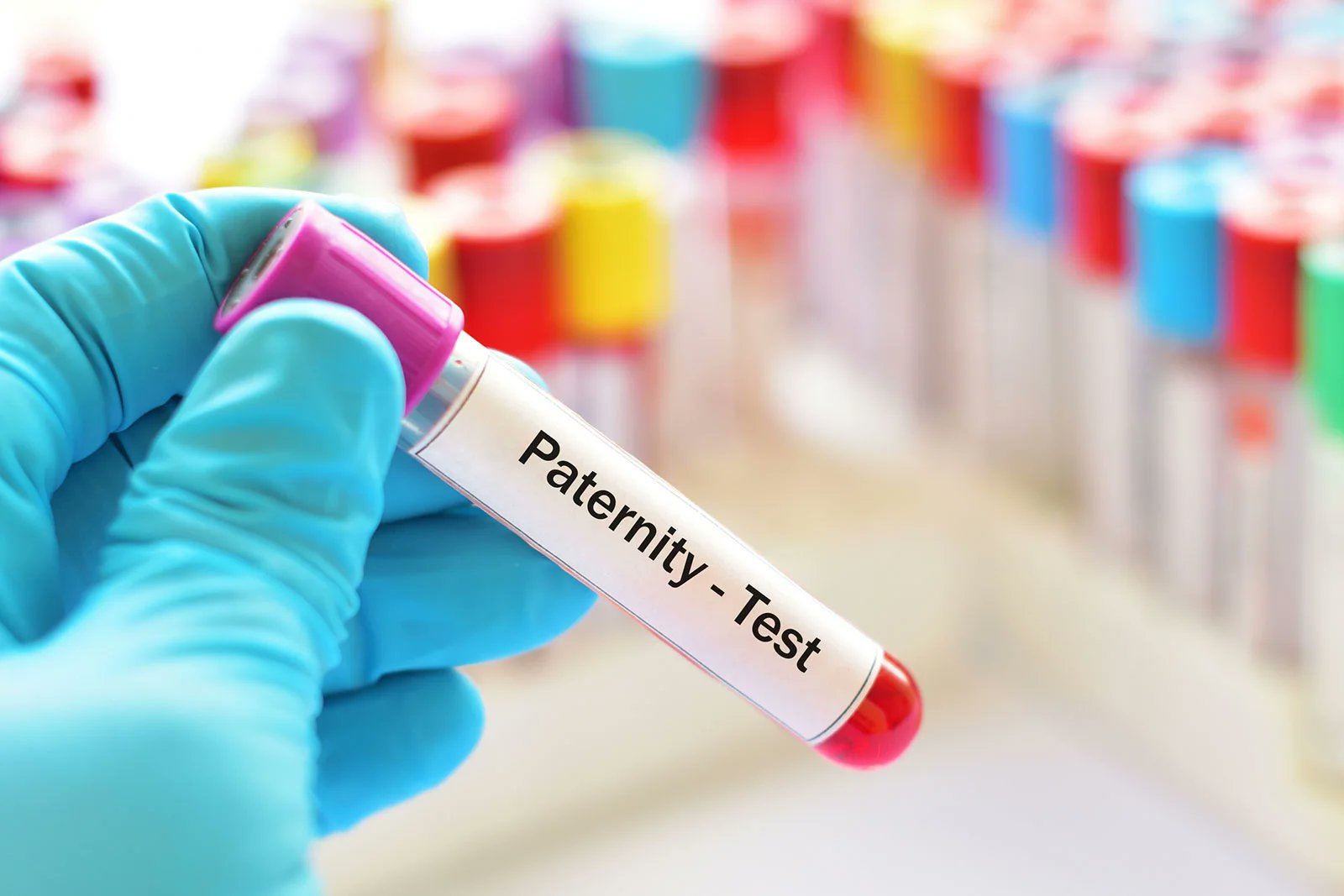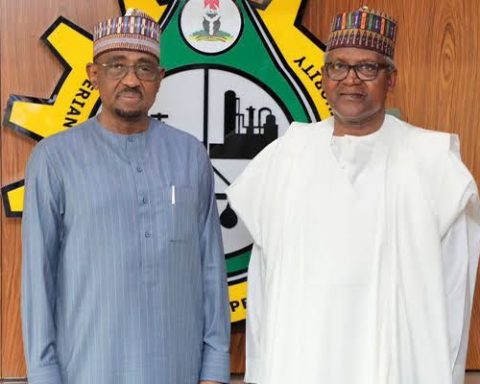Nigeria’s DNA testing industry has once again pushed the nation into the spotlight, as a 2025 report by Lagos-based forensic laboratory Smart DNA revealed that one in four men tested between July 2024 and June 2025 were not the biological fathers of the children in question. The report, which found a 25 per cent negative paternity rate, has triggered heated debate on family trust, gender roles, and the hidden crises of infertility in Africa’s most populous country.
Adding to the controversy, several claims have recently circulated that Nigeria is now ranked second globally in paternity fraud trailing only Jamaica. While fact-checkers caution that such rankings lack robust global data, the revelation has amplified concerns over what many now describe as a “silent epidemic” of broken trust within Nigerian families.
Join our WhatsApp ChannelThe Numbers Behind the Debate
Smart DNA’s 2025 report found that firstborn children were disproportionately affected, with 64 per cent of disputed firstborn sons and many firstborn daughters not belonging to their presumed fathers. Most DNA tests were carried out for “peace of mind” rather than legal disputes, and demand was highest among Nigeria’s urban middle class, particularly in Lagos.
The 2024 edition of the Smart DNA report also noted a slight gender bias in testing: more tests were conducted on male children (52.8%) than on females (47.2%). Analysts say this points to a cultural preference for confirming the paternity of male offspring, given the traditional emphasis on male lineage in inheritance and family continuity.
Age demographics further highlight who is driving the demand. Men aged 41 and above (45.6%) and those between 31–40 (37.0%) were the most likely to request DNA tests, a trend Smart DNA linked to economic capacity and heightened paternity concerns among older men.
READ ALSO: NDLEA Foils Cocaine, Cannabis Trafficking Across Nigeria, Arrests Lagos Widow Using Fake Pregnancy
Immigration cases also accounted for over 13 per cent of DNA requests, as Nigerians increasingly require genetic documentation to support migration applications. The figures reflect not only questions of fidelity, but also Nigeria’s evolving social and economic realities.
Yet, experts warn that laboratory figures may not represent the whole country. Sampling bias since DNA tests are mostly sought when doubts already exist means that national statistics may be lower. Still, the findings align with broader social patterns that Nigerians are beginning to confront.
Why Paternity Fraud Is High in Nigeria
For Dr. Abiodun Salami, Chief Medical Director of DNA Centre, Lagos, the roots of paternity fraud are deeply tied to Nigeria’s sexual health habits.
“Recent trends in sexual health especially in Nigeria suggest that unprotected sex and multiple partners’ relationships are a common occurrence. Another issue is poor family planning among women. Most firstborn pregnancies are still unplanned,” he said.
He further noted that some women, for personal or social reasons, choose to pass off children from other relationships as their husband’s:
“I have seen and discussed with women who for one reason or other decide in their own wisdom to give another man’s child to their husbands without the husband’s knowledge.”
READ ALSO: Zambia Secures Further $184m from IMF As Economic Reforms Show Progress
The Hidden Factor: Male Infertility
Medical experts argue that infertility among men is a major but under-discussed driver of paternity fraud. A 2018 global family planning report by the International Conference on Family Planning (ICFP) estimated that Nigeria recorded over 1.3 million unwanted pregnancies that year.
A consultant obstetrician and gynaecologist explained that many men are unaware of their reproductive limitations.
“Twelve per cent of men who visit clinics in Nigeria do not have sperm even though they have semen,” he said.
In a society where male infertility is taboo, women often carry the blame when couples fail to conceive. This stigma, experts say, drives some women into secret arrangements to conceive outside the marriage, often to protect their husbands’ reputations as “fertile studs.”
Nollywood storylines frequently mirror this reality: a wife stepping out of wedlock not for love or betrayal, but for survival of the family name.
Gender Double Standards and Social Pressure
Underlying the issue is Nigeria’s patriarchal culture, which places immense pressure on women to prove their fertility. A woman who cannot bear children is often branded “barren,” while male infertility remains largely unspoken.
At the same time, infidelity among men is widespread and socially tolerated. On social media, phrases like “men are scum” and “Yoruba demon” capture women’s frustrations with male philandering. Married men sliding into the inboxes of single women online has become a running joke.
Yet the consequences of infidelity are not equal. Men may cheat without direct reproductive outcomes, but when women stray, pregnancy is often the undeniable result fueling explosive cases of disputed paternity.
A National Conversation Still Unresolved
The Smart DNA report noted that Nigeria currently has no specific paternity fraud laws, leaving men who discover non-paternity after years of financial responsibility with little legal recourse.
Calls for mandatory DNA testing at birth have gained traction but remain controversial, with critics warning of the emotional, ethical, and social implications.
For now, the debate continues to swirl between science, morality, and culture. The rising demand for DNA testing is not only influencing family decisions but also forcing Nigeria to confront uncomfortable truths about trust, fidelity, infertility, and gender inequality.
As Dr. Salami and other experts suggest, until Nigeria addresses the deeper issues of sexual health education, family planning, and infertility stigma, DNA testing will remain less about technology and more about the fractures within the society it seeks to serve.
Amanze Chinonye is a Staff Correspondent at Prime Business Africa, a rising star in the literary world, weaving captivating stories that transport readers to the vibrant landscapes of Nigeria and the rest of Africa. With a unique voice that blends with the newspaper's tradition and style, Chinonye's writing is a masterful exploration of the human condition, delving into themes of identity, culture, and social justice. Through her words, Chinonye paints vivid portraits of everyday African life, from the bustling markets of Nigeria's Lagos to the quiet villages of South Africa's countryside . With a keen eye for detail and a deep understanding of the complexities of Nigerian society, Chinonye's writing is both a testament to the country's rich cultural heritage and a powerful call to action for a brighter future. As a writer, Chinonye is a true storyteller, using her dexterity to educate, inspire, and uplift readers around the world.









